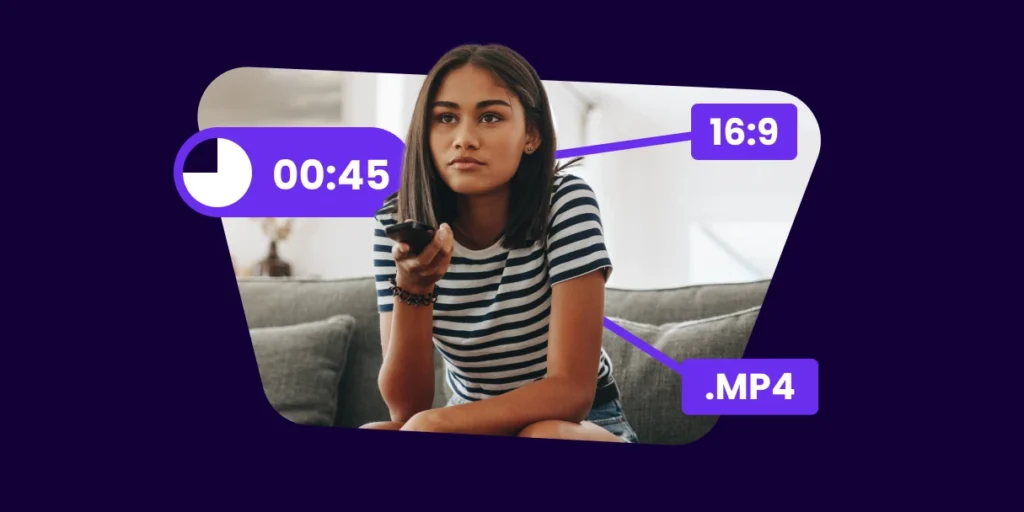In May, Europe’s highest court declared that people have the right to decide and influence what internet users could learn about them through searches online. They argued that search engines, like Google, should allow users to become “forgotten” after a certain amount of time when websites linking to them are erased, unless Google deems otherwise.
Fast-forward to June. Google announced that they will start removing links to online content in Europe by the end of the month in order to obey the court ruling intended to protect an individual’s privacy. Google has created a form in order to be considered to “be forgotten.” Google’s internal team will review each submission to see if it meets the requirements in order to protect the privacy of European residents. If the request is approved, the website will be removed in the 28 countries of the European Union as well as Norway, Iceland, Switzerland and Liechtenstein. So, for example, the link would not appear on google.de (Germany domain) but would still load on google.com anywhere in the world. It still remains unclear if the requests for the link take-down only applies to the above state countries or if people living outside the regions (i.e. United States) could also request for the information to be taken down.
The process is fairly simple: an applicant based in Europe must list all of the website links that he or she wants removed. Then, they must explain why the listed links are inappropriate and could be counted as irrelevant results, and include a photo.
There are processes in place between Google and Europe’s national data protection regulators to ensure that there is a way to reach a happy medium should an online user be unhappy and not agree with Google’s decision regarding a suspect web link which had been requested to be taken down.
While Google has started to remove links already, the process is expected to take a few weeks before it is able to operate fully. The company’s engineers in Europe have been working on editing the company’s search infrastructure since May to ensure a smooth transition. These changes will allow for the removal of any organic search results linked to a person’s name (as mandated by the ruling). However, the sites will still show as part of the search results for a different search subject.
Google has assembled a group of experts, regulators, academics and company executives in order to carry out these efforts. While these individuals will not have the power to alter the creation of policies and procedures regarding the privacy processes, they will be able to recommend solutions. Additionally, they will be able to advise how Google should present their search results and how Google’s users will be affected worldwide. This handpicked group of experts will hold an official meeting once they conclude their travels through Europe as they try to gain insight to be able to gauge how the Europeans would like their privacy to be protected.
You Might Be Interested In













